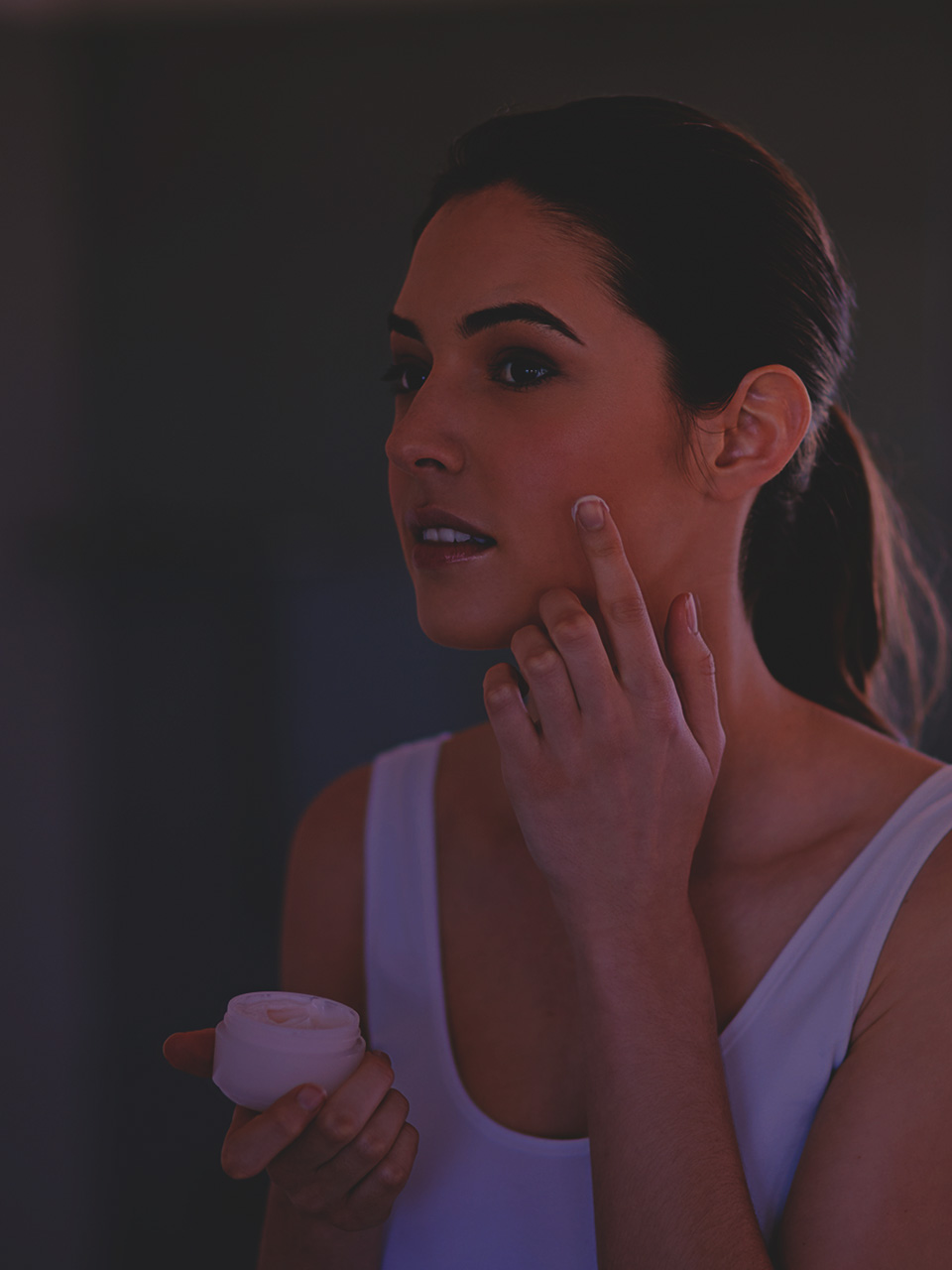
Tap to Read ➤
Small Red Itchy Bumps
Pragya T


This story will provide you information on the symptoms of different small red itchy bumps to help you identify the skin disorder, along with some effective home remedies for soothing the itchy spots...

One of the main symptoms of any kind of allergy is often itching and the presence of small blotches. These symptoms and causes of small itchy red bumps will help you identify the condition. Many times, small bumps on skin appear due to allergies or insect bites. However, there are some conditions which can lead to itchy skin bumps like chickenpox, measles, and shingles which need medical help.

Allergic Reactions
The body shows different reactions to allergies, which can be sneezing, coughing, or can also be in the form of itchy bumps on skin. If one gets skin rashes or bumps due to an allergen, which can be pollens, grain, or certain foods it means the person is having an allergic reaction.
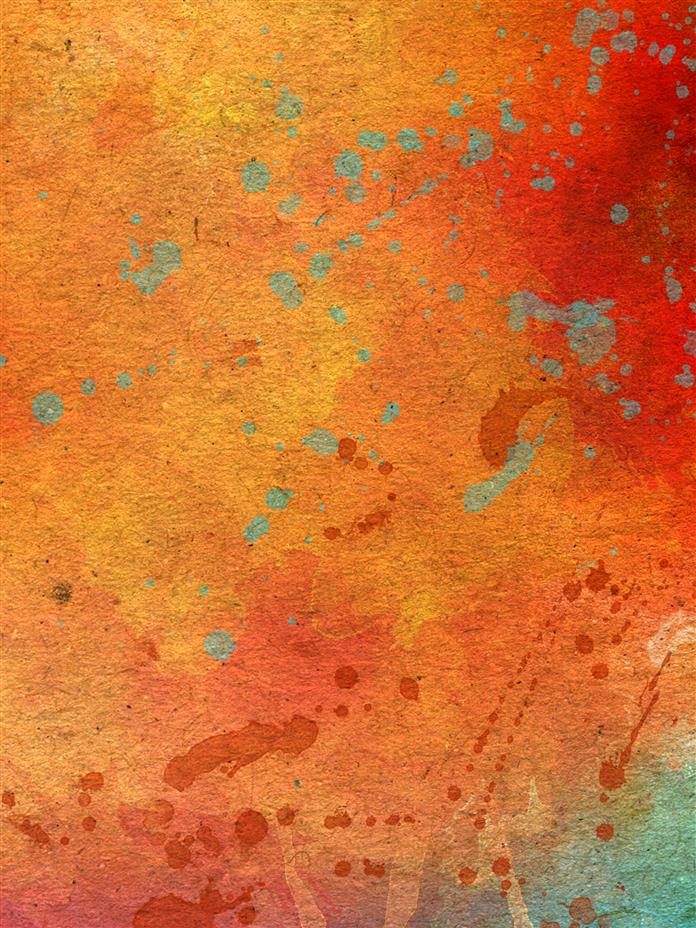
Bumps After Sun Exposure
There are many types of sun allergies, which give a person small bumps on skin. Some of the common ones are solar urticaria, polymorphous light eruption (PMLE), and actinic prurigo (hereditary PMLE).
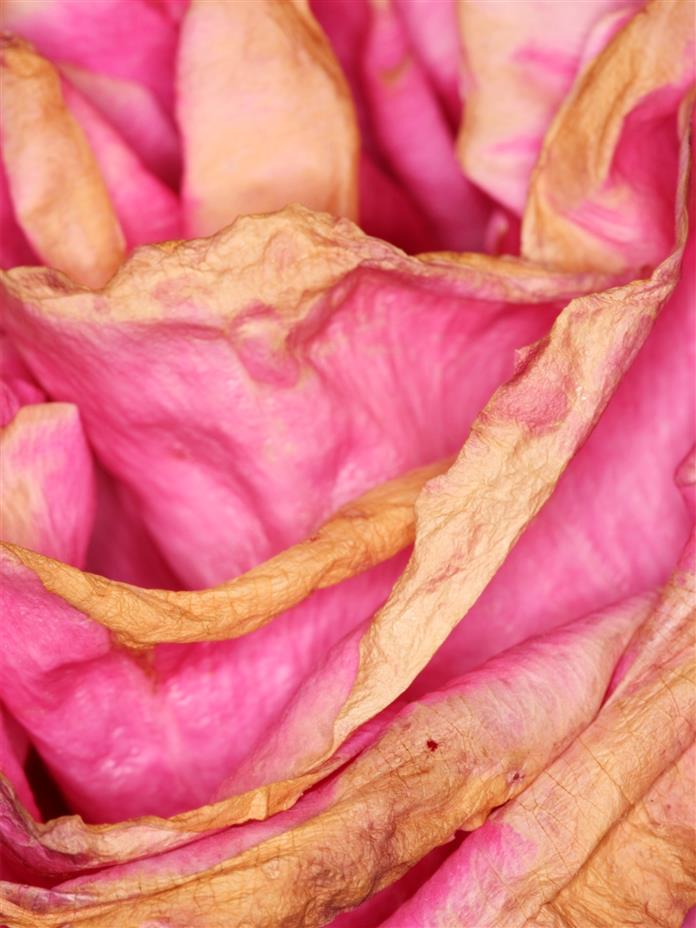
Chickenpox
One of the itchy skin causes is chickenpox. In this viral infection a person gets tiny red, itchy bumps all over the body. In the beginning they look like insect bites and later on develop into encrustations. Contact your doctor to treat this skin condition.

Hives
Mostly food allergies cause hives and the symptoms of hives are small red or pink bumps, which itch and can be seen in groups or as single bumps. To treat this condition, one can use antihistamines.

Insect Bites
Insect bites in most cases comes from bugs like mosquitoes, ants, and bed bugs. The insect bites are not serious bumps and go away within some hours. However, if the symptoms become worse, seek medical help. Also, if you have developed bumps on legs due to tick bites, it is imperative you seek medical care as it can be a skin condition called rocky.

Measles
Measles develop after 10 - 12 days of infection. The measles rash or bumps first start on the face and area around the neck, and finally small red itchy bumps all over the body can be seen. If such symptoms are observed, it is crucial that you consult a doctor.
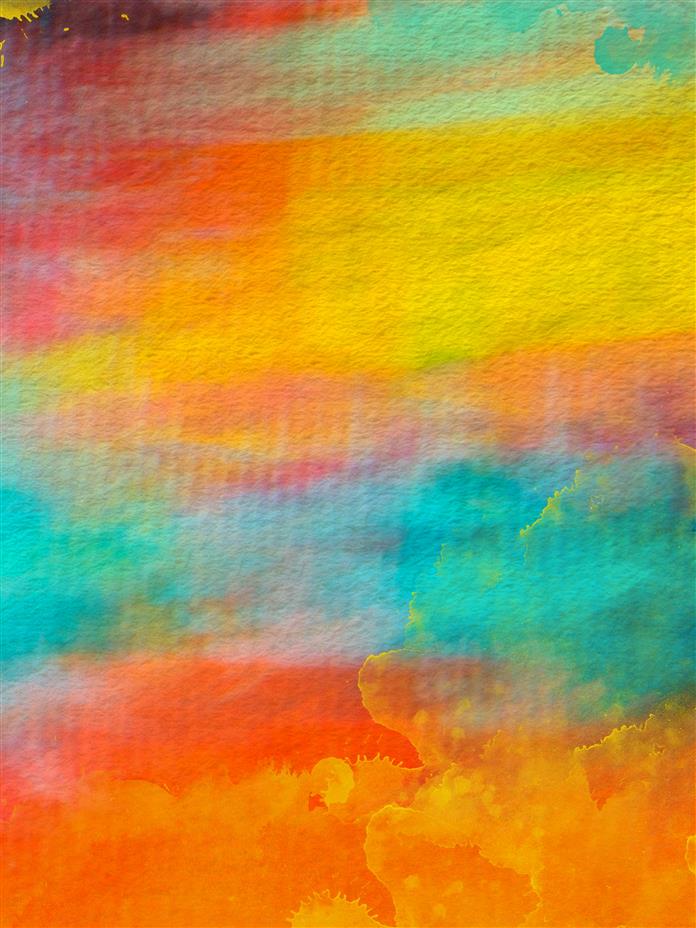
Rosacea
The early symptoms of rosacea is a flushed appearance of face like a sunburn. The person later on develops small bumps that itch. The condition doesn't need any treatment, however antibiotics can be used to treat moderate to severe signs of rosacea.
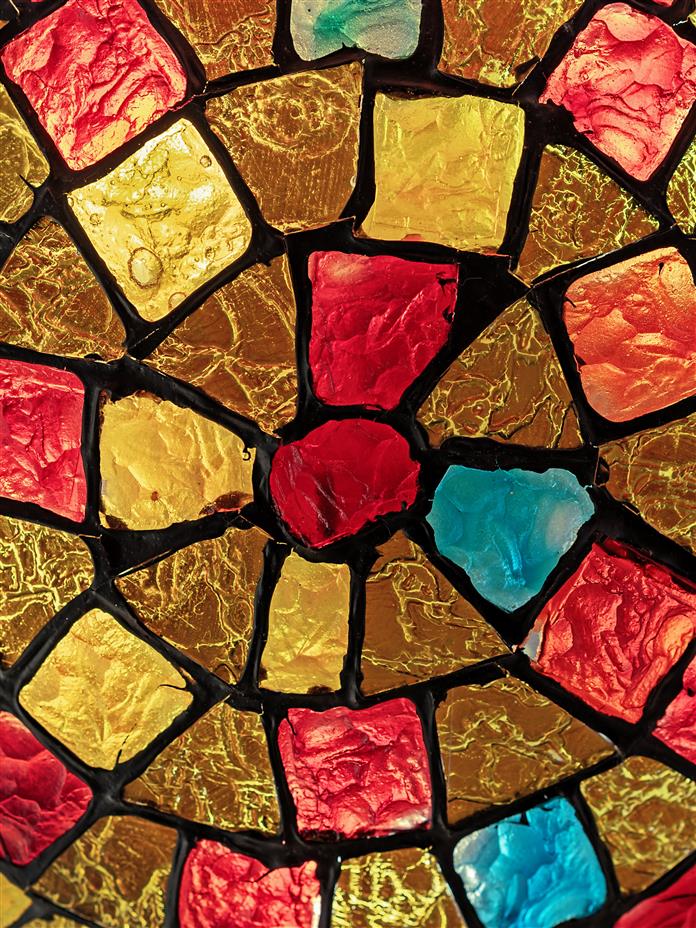
Scabies
Scabies is also known as the itch and in this condition a person develops red bumps or rashes which itch a lot. If you have developed such bumps, which first develop on the insides of your finger or your hand's skin, then it is probably scabies.
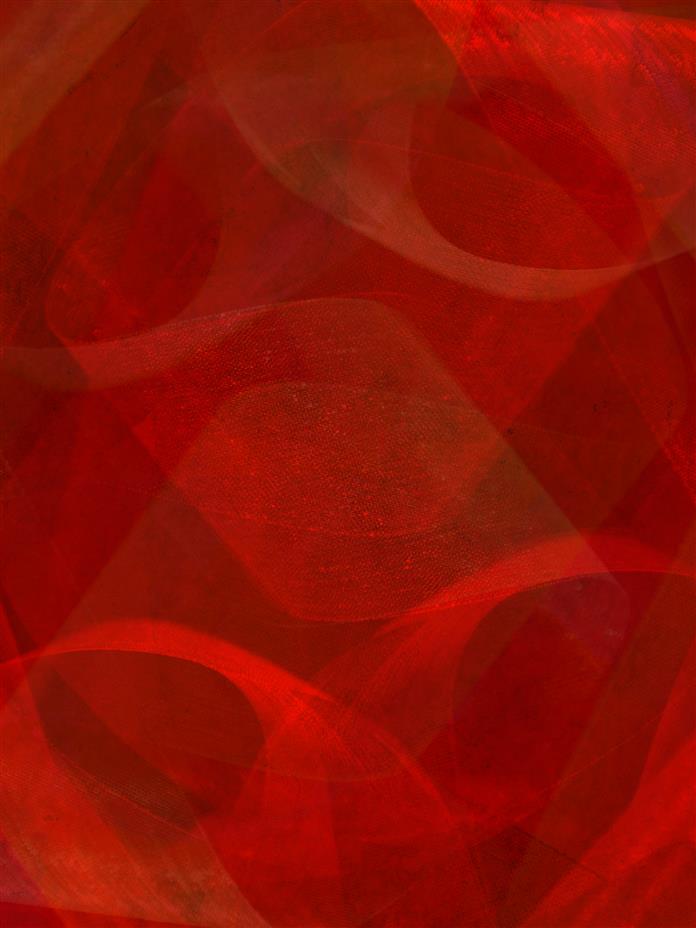
Shingles
If the early symptoms of the skin conditions were pain, and itching/tingling sensation on a body part, and later signs were small red itchy bumps then it is probably shingles. Medical treatment is required to treat shingles, mostly analgesic and cold compresses are recommended by the doctor.

Home Remedies
In severe cases medical treatment is recommended. However, you can try these home remedies to soothe the itchy red bumps on the skin:
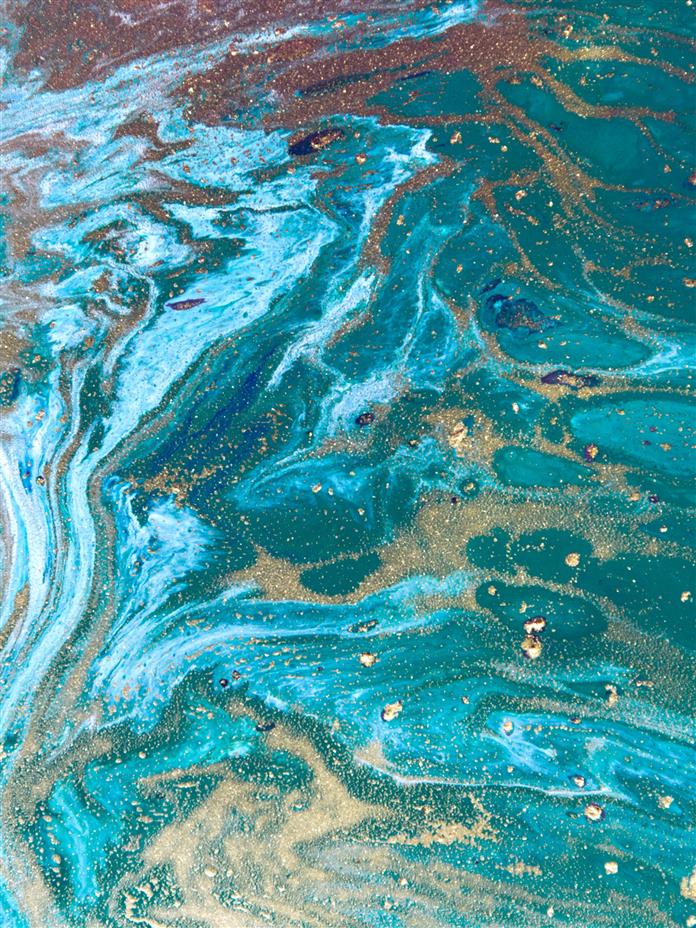
- The best natural treatment to soothe most skin conditions of itchy red bumps is using aloe vera. Cut a leaf of aloe lengthwise and smear the fleshy part of the leaf to soothe and treat the skin. This is a natural treatment and can be repeated as many times as needed.
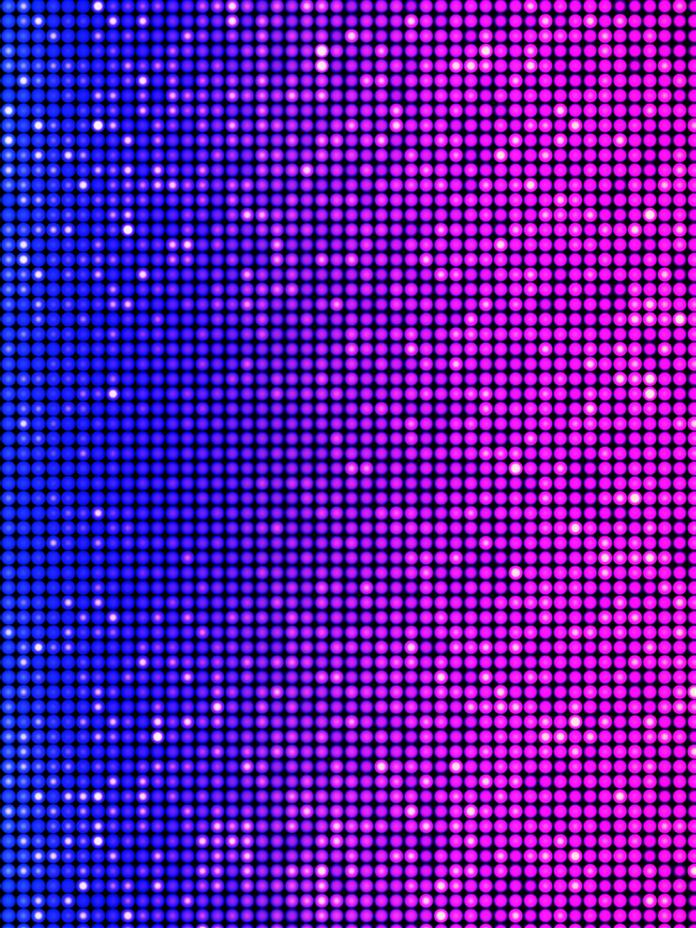
- You can also apply some ice or wash the affected area with cold water to stop the itching.
- To further prevent aggravating the skin, protect it from sun or heat exposure. Wear protective clothing, when going out.
- If you have got bumps, due to an allergic reaction you can take an antihistamine twice in a day.
Your browser doesn't support HTML5 video.
Try not to scratch the bumps as it makes the skin condition worsen by further inflammation of the skin.
Beautiful Brunette Girl Smiling In Sunflower Field

Instead, try the above remedies to soothe the itching skin and seek medical help if you are showing symptoms of a skin condition, which needs to be treated from a dermatologist.

Disclaimer: This story is for informative purposes only, and should not be used as a replacement for expert medical advice.